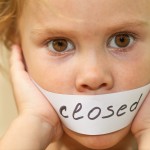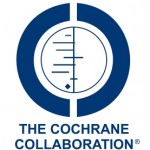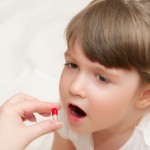
This review of cognitive behavioural therapy(CBT) for dental anxiety and dental phobia in children identified 6 RCTs suggesting it therapy produces better anxiety reduction than diverse behavioural management techniques. However the available evidence is of low quality.
[read the full story...]

